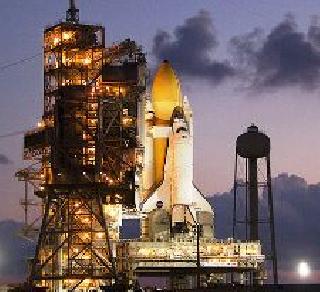
Space Shuttle Discovery. Photo: NASA.
WASHINGTON (PTI): When the space shuttle Discovery lifts off on its final flight next week, its six astronauts will be accompanied by an unusual team of co-passengers -- 16 rodents.
The rodents, who will be on a historic mission of their own, would be part of a scientific experiment to investigate spaceflight-induced immune-system impairment which makes astronauts vulnerable to infection by viruses and bacteria.
NASA has been studying the phenomenon aboard its space shuttles for more than 25 years, collecting data from laboratory animals and astronauts themselves.
The new mouse experiment- a collaboration between teams at the University of Texas Medical Branch (UTMB) at Galveston and NASA's Ames Research Centre in California -- will be the final immunology investigation planned for the shuttle programme, a UTMB release said.
"Since the Apollo missions, we have had evidence that astronauts have increased susceptibility to infections during flight and immediately post-flight - they seem more vulnerable to cold and flu viruses and urinary tract infections," said Dr Roberto Garofalo, a professor at UTMB Health and principal investigator for the project.
"We want to discover what triggers this increased susceptibility to infection, with the goal both of protecting the astronauts themselves and people with more vulnerable immune systems here on Earth, such as the elderly and young children," Dr Garofalo said.
According to the scientists, the mice aboard Discovery will be in orbit for 11 days, during which time shuttle astronauts will perform daily checks on their health and well-being.
Within two hours of the shuttle's return to Earth, eight of the animals will be infected with respiratory syncytial virus (RSV) -- a pathogen that infects almost all children by age two and ordinarily causes a relatively harmless cold-like upper respiratory disease.
In some children, however, the infection spreads to the lungs, where the inflammation it generates causes coughing, wheezing and extreme difficulty in breathing.
Another group of mice kept in nearly identical conditions on the ground will also be exposed to the virus. Garofalo's team will then conduct genetic and protein studies of the lung and nasal tissues of both sets of mice, evaluating lung inflammation, viral replication and other key factors related to RSV infection in mice.
"We have substantial experience using mice to study immune response to RSV infection, and that will enable us to look at all the aspects of the immune responses of these mice as well as the pathological manifestations of the disease, looking at ways in which the space environment affects this respiratory infection," Garofalo said.
Understanding how spaceflight impairs the immune system and finding ways to make sure that infection doesn't threaten the health of space travellers are expected to become very important, as NASA plans human expeditions beyond the relative safety of Earth orbit -- to Mars or the asteroids.
The developing commercial spaceflight industry, which hopes to launch large numbers of private citizens into orbit in the near future, also has a stake in ensuring that its passengers stay safe and healthy.
Despite the shuttle program's end, Garofalo said, immune system experiments in space may continue on the International Space Station.
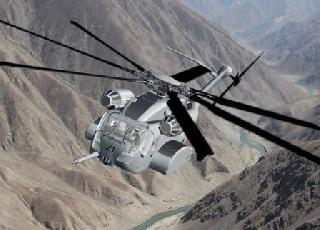 Previous Article
Previous Article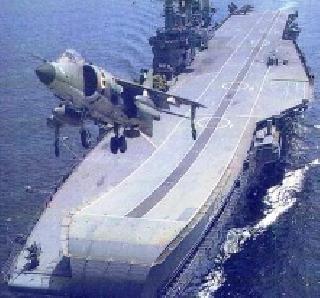 Next Article
Next Article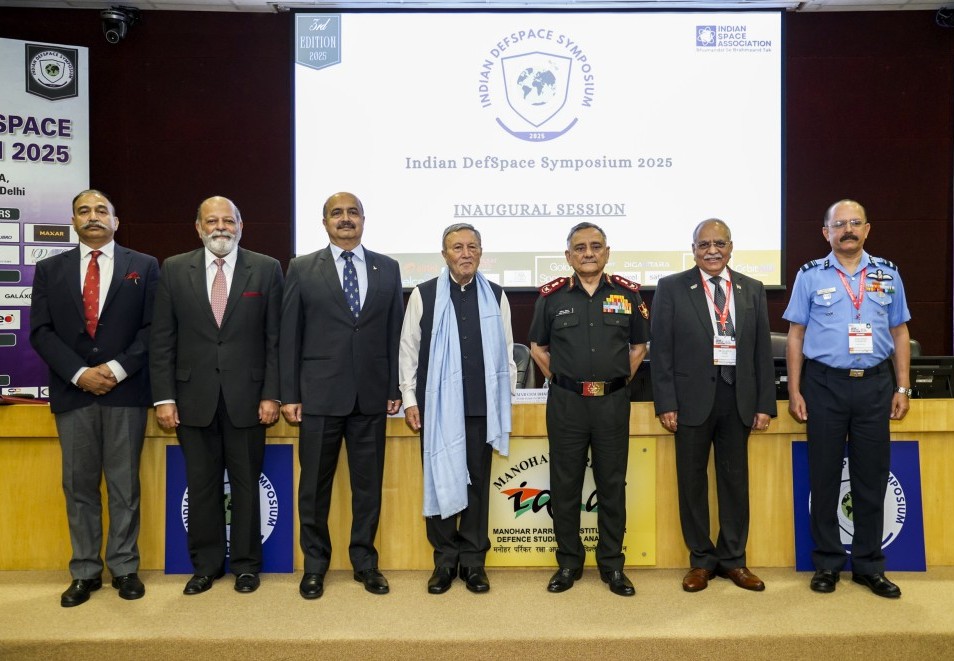
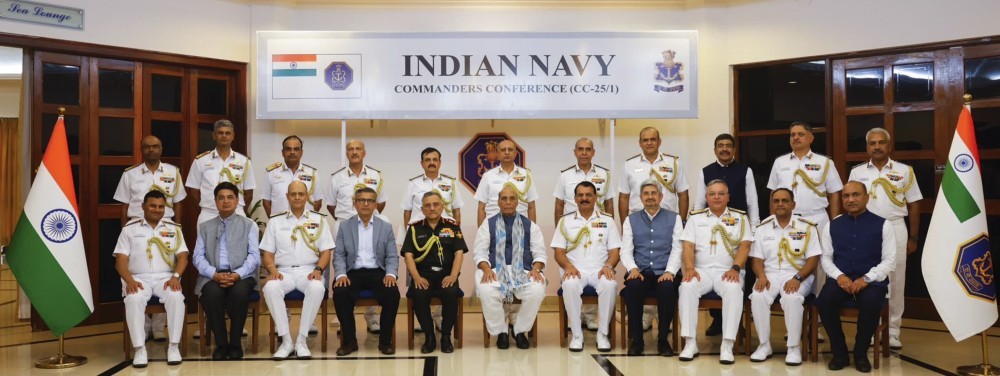
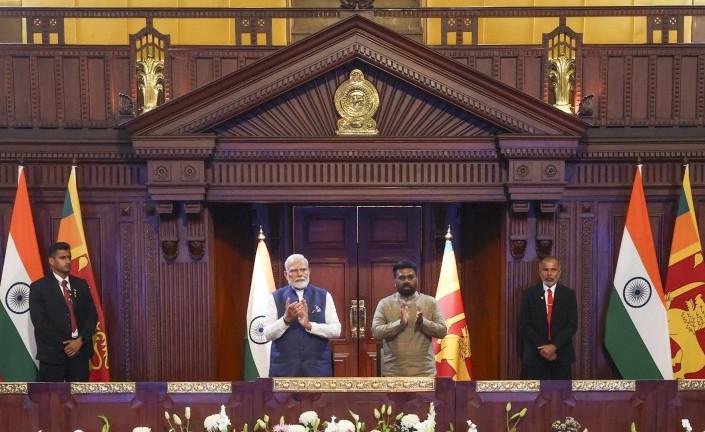
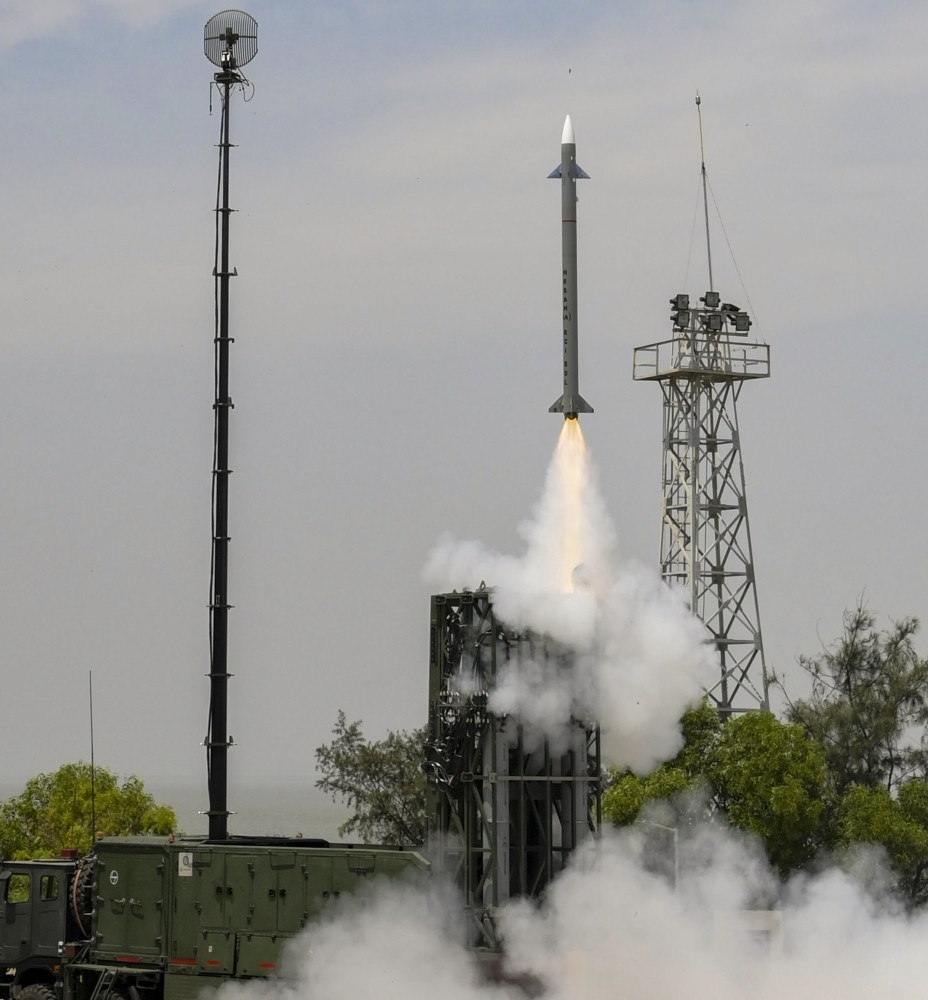










The Indian Air Force, in its flight trials evaluation report submitted before the Defence Ministry l..
view articleAn insight into the Medium Multi-Role Combat Aircraft competition...
view articleSky enthusiasts can now spot the International Space Station (ISS) commanded by Indian-American astr..
view article